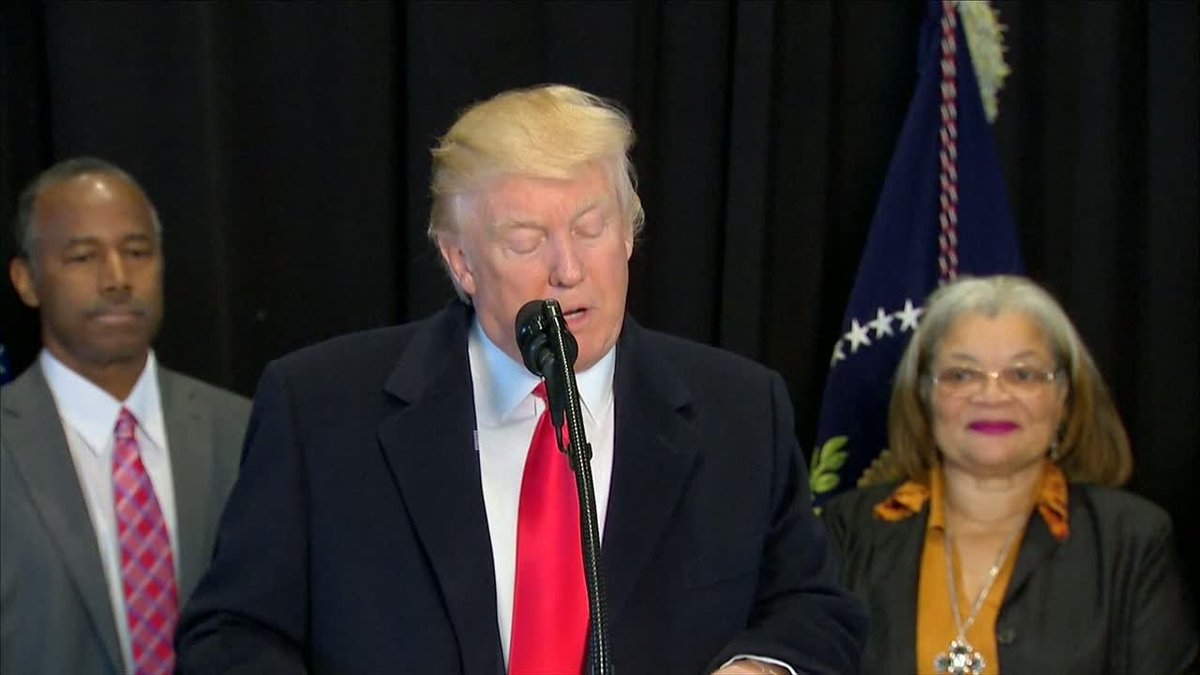

Early on 14 July one crowd besieged the Hôtel des Invalides for firearms, muskets, and cannons, stored in its cellars. Crowds formed, fearful of an attack by the royal army or by foreign regiments of mercenaries in the King's service, and seeking to arm the general populace. On 11 July Jacques Necker, the finance minister of Louis XVI, who was sympathetic to the Third Estate, was dismissed by the King, provoking an angry reaction among Parisians. In May, the Estates General legislative assembly was revived, but members of the Third Estate broke ranks, declaring themselves to be the National Assembly of the country, and on 20 June, vowed to write a constitution for the kingdom.

In 1789, tensions rose in France between reformist and conservative factions as the country struggled to resolve an economic crisis. One that has been reported as "the oldest and largest military parade in Europe" is held on 14 July on the Champs-Élysées in Paris in front of the President of the Republic, along with other French officials and foreign guests. The French National Day is the anniversary of the Storming of the Bastille on 14 July 1789, a major event of the French Revolution, as well as the Fête de la Fédération that celebrated the unity of the French people on 14 July 1790.

In French, it is formally called the Fête nationale française ( French: "French National Celebration") legally it is known as le 14 juillet ( French: "the 14th of July"). Military parades, fireworks, concerts, ballsīastille Day is the common name given in English-speaking countries to the national day of France, which is celebrated on 14 July each year. The Patrouille de France with nine Alpha Jets over the Champs-Élysées in Paris in 2017Ĭommemorates the Storming of the Bastille on 14 July 1789, and the unity of the French people at the Fête de la Fédération on 14 July 1790


 0 kommentar(er)
0 kommentar(er)
